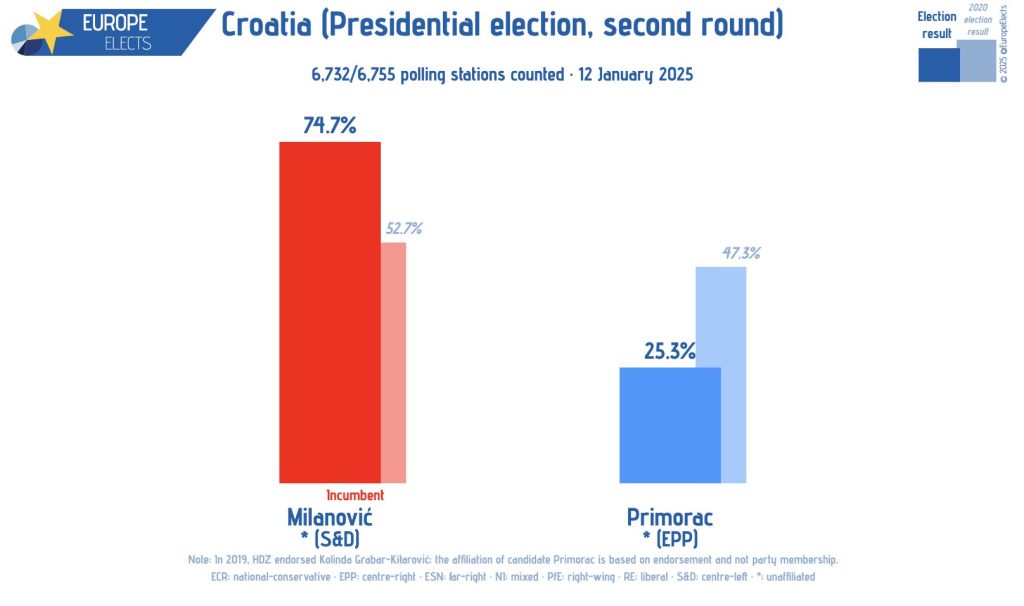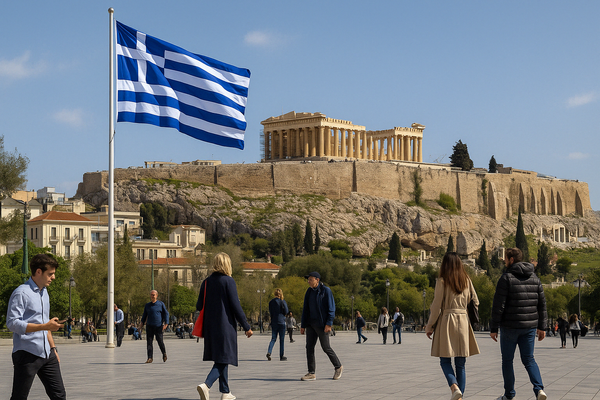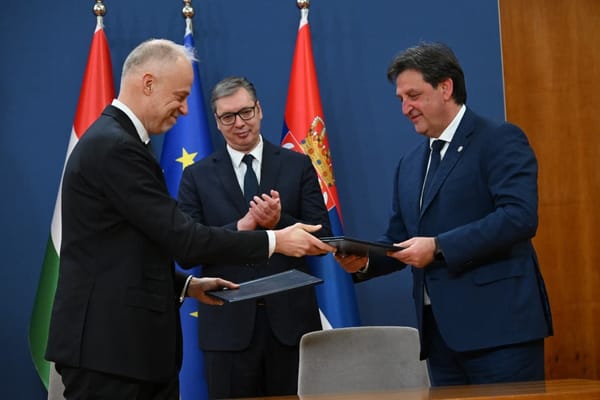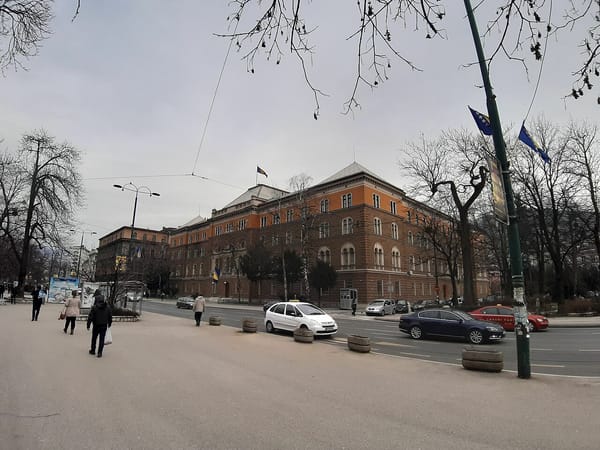
Croatia returns incumbent in landslide presidential election vote
Croatian President Zoran Milanovic secured a decisive re-election victory, defeating his conservative challenger in a run-off election on Sunday, 12 January 2025.
With more than 90% of votes counted, Milanovic had garnered over 74% of the vote to secure the role of Croatian head of state, who acts as the country’s supreme military commander, with influence on foreign policy, defence and security, but does not have the purview to veto laws.
Milanovic’s opponent, Dragan Primorac, supported by Croatia’s dominant ruling centre-right HDZ (Croatian Democratic Union) party, took just over 25% of the votes.

Milanovic’s win marks another blow for the HDZ and its leader, Prime Minister Andrej Plenkovic, a long-standing political adversary after a massive corruption scandal rocked the party in November. Milanovic has regularly called out the HDZ for graft, and wrote on Facebook: “Croatia, thank you! This is a great day for me and I see this victory as recognition of my work in five years and the trust of people in me.”
Although Milanovic denies accusations of Russophilia, his actions have been ambiguous. While Milanovic has condemned Russia’s invasion of Ukraine he has also criticised Western military aid to the war-torn country. Last year he blocked the scrambling of five Croatian officers to NATO’s Security Assistance and Training for Ukraine mission in Germany and pledged to oppose ever sending soldiers to the war-torn country for NATO.
Milanovic, known for his brash rhetoric, has also accused Primorac of associating with “mass murderers”, referring to the inner circle of Israeli Prime Minister Benjamin Netanyahu.
Losing candidate accepts result
Primorac, a former education and science minister returning to politics after 15 years, ran a campaign based on patriotism and family values. “With my programme, I wanted to send a clear message that Croatia can and deserves better”, he told supporters on Sunday evening as the official results rolled in, confirming his defeat.
He wrote on Facebook: “The citizens have made their final decision democratically and it is our duty to respect it. Our Homeland was built on the strength and dedication of the Croatian people. I believe in a better Croatia, a country in which everyone has dignity and a secure future in a knowledge-, innovation-, and education-based society.
Plenkovic shrugged off the defeat, citing earlier HDZ electoral triumphs: “We end the super-election year with victories in parliamentary and European elections… while in the presidential ballot they gave their vote to others. We respect their will. The HDZ has a mandate for 3.5 years (and will) continue to work committedly and responsibly for a better Croatia.”
Croatia fights inflation, labour shortages
Since Croatia gained independence in 1991, the former Yugoslav Republic has largely been dominated by the HDZ. Now an EU member state with a population of 3.8mn, Croatia is currently grappling with record-high eurozone inflation, frequent corruption scandals, and a significant labour shortage.
Milanovic, a former prime minister, won the presidency in 2020 with the backing of the opposition Social Democrats (SDP), and frequently targets EU leaders and domestic officials. Political analyst Zarko Puhovski described him to French news agency AFP as “a political omnivore” seen as the “only symbolic counterweight” to Plenkovic’s government.
On Sunday Milanovic called the EU a “autocratic and non-representative” entity run by unelected bureaucrats, and reiterated his prioritising of national interests, saying “Croatia has been and will always remain my number one priority.”
The runoff vote was held after Milanovic narrowly failed to secure a simple majority in the first round on 29 December 2024, gaining 49.68% support. Voter turnout on 12 January 2025 was nearly 44%, slightly down from the first round, the Croatian Electoral Commission reported.





